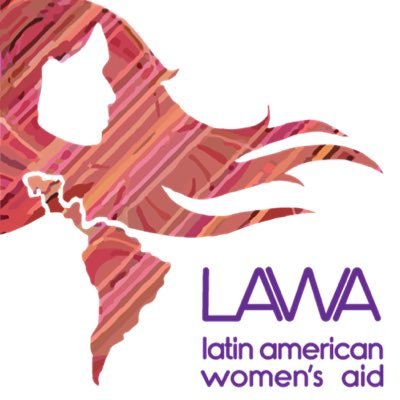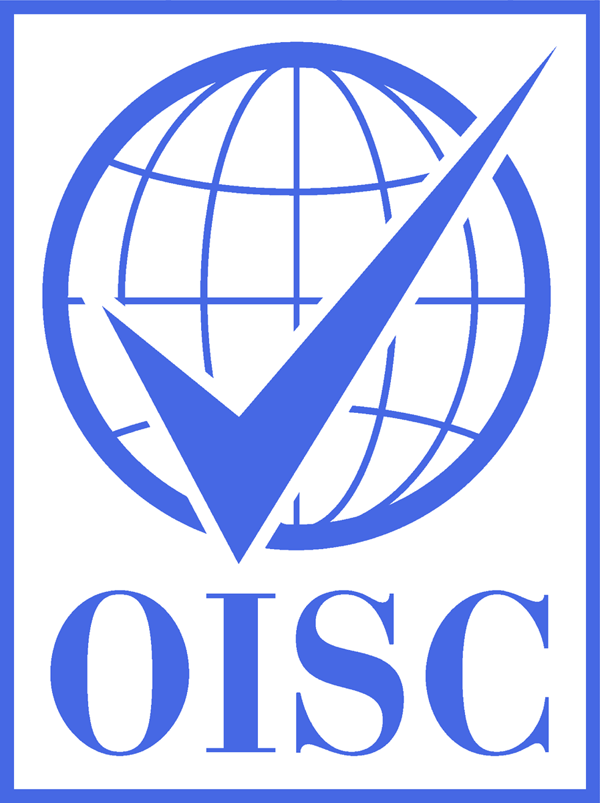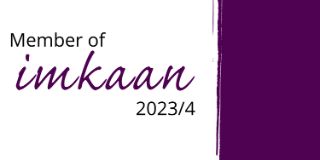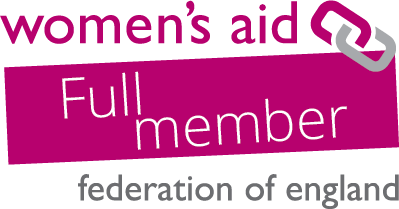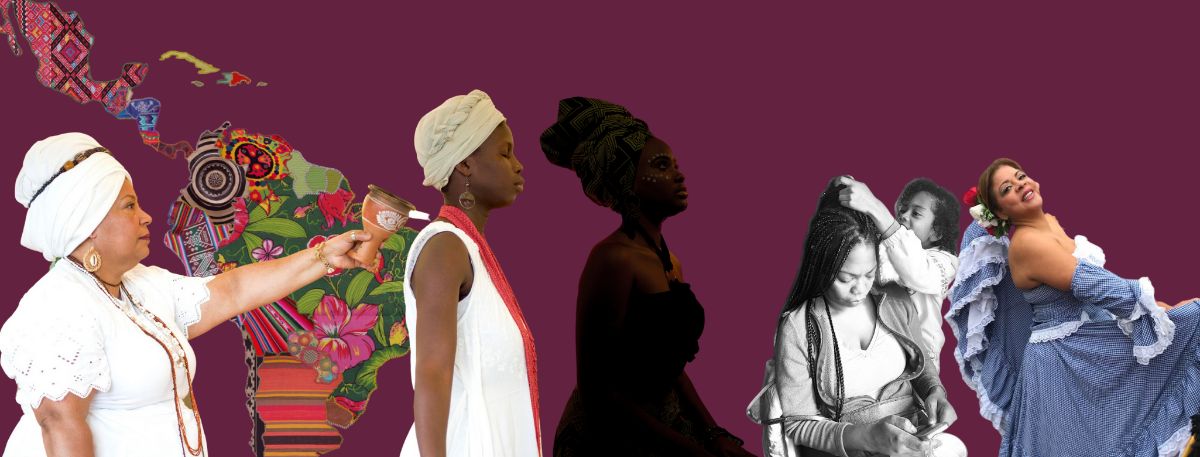
By: Jael de la Luz
LAWA Change Maker Programme Coordinator
LAWA is an organisation run by and for Latin American women, which aims to help and protect migrant and racialized women who hail from the Global South. To become part of the workforce, those of us who work there make our claim on the Latin American identity. However, Latin America and the Caribbean is a large and diverse place: there is no uniformity in the hundreds of different identities contained within the continent and being Latin American is not a race and should not be treated as such.
As LAWA, we acknowledge that as we exist and operate within an intersectional framework in the way we carry out our work with women who are fleeing gender-based violence, we need to engage in an internal dialogue about how our own privileges and oppressions interact with the way we work and are treated – whether it is classism, racism, ableism, homophobia or ageism. These reflections are a long time coming, and though they may be a bitter pill to swallow, it is work that we as an organisation, must carry out. We cannot paint simplistic, reductionist pictures of a ‘universal Latin American experience’.
In the UK, we have joined in the political discourse of what it is to be racialised women, and how structural racism affects us, especially within the context of the austerity and the hostile environment against migrants that permeates every level of society. We have had these conversations as an organisation at all levels, from the board to our volunteers, and within our community outreach projects like Changemakers and Growing together, both in Spanish and Portuguese.
From the perspective of the Changemaker program, a trilingual safe space, we have been able to speak openly about the fear and racisms that exists towards the black and indigenous and native people who are part of our societies back home and in the diaspora. We’ve discussed the impact of the discourse surrounding mestisaje, about how the fusion of race and ethnicity has attempted to create only one culture, one identity. The narrative of mestisaje renders invisible the individuality of our bodies, our features, our roots.
To claim a Latin American and Caribbean identity, one must be willing to recognise all that it means, including our indigenous ancestors who fought against the colonial extermination and violence, together with the struggle of the black Latin Americans, who were enslaved and forced to work in our territories, with no other option. In contrast, we must also acknowledge that our past is also made up of multiple waves of white colonialists, who came to our territories with adventure, plundering, and conquest in their hearts. All of these and many more make up the Latin American identity and do so in different measures across the continent.
Here in London, we take all of these cultural contradictions on when we interact with the city all around us. While it is assumed that we all face the same level of discrimination, discussion within the changemaker group has brought to light that the women who are afro or indigenous-descendant all face higher levels of discrimination of racism: furthermore, they all speak of a level of structural racism that they thought wouldn’t be possible in a first world country.
These reflections, formed in the last 3 years of the program, have led us to think that maybe we have something in common with the Black and Minoritised communities this Black History Month. These reflections have led us to believe that we do have some things in common – the impact of imperialism and exploitative colonialism, that have had a transgenerational impact on our communities that goes beyond borders. the enslavement and exploitation of peoples, territories, nations, and bodies in the unsightly inheritance of western countries such as the UK. In the context of globalisation and “free movement” which we inhabit in the UK, black, brown and indigenous peoples of Latin American, African and Asian origin see their very being limited and monitored, their freedom taken away and denied. This is the basest expression of structural racism.
As an organisation that is conscious of this history that connects us, we embrace political blackness as a way of embodying resistance and the dreams of freedom and liberation within our communities, and as a way of dismantling the capitalist, colonialist, racist and patriarchal barriers and oppressions that white supremacy make inherent in the day to day to those of us that are anything but. In this dismantling, the tool of intersectionality is important as it helps us analyse the power dynamics and inequalities that operate in the systems that oppress us and help us find alternatives that work for the common good. In the fight against structural racism, we imagine a world win which we have a place as migrants living in the Latin American diaspora in the UK.
The black community in the UK has enormous momentum in its social movement and is welcoming of a new breed of young voices and activists. It recognises the contribution made by women and by people in the LGBTQ+ community and it continues to speak out about the issues in the private and public sphere that are still lacking in social and racial justice. Some similar experiences exist in the Latin American community in the UK, where afro-Latin women and women of indigenous descent – who are usually pushed to the peripheries of their cities – have come to the forefront of the communities they represent.
This is why, this black history month, we want to partake in this conversation by making visible and celebrating black Latin American, racialised women who work in the UK to make a change for social and racial justice.
